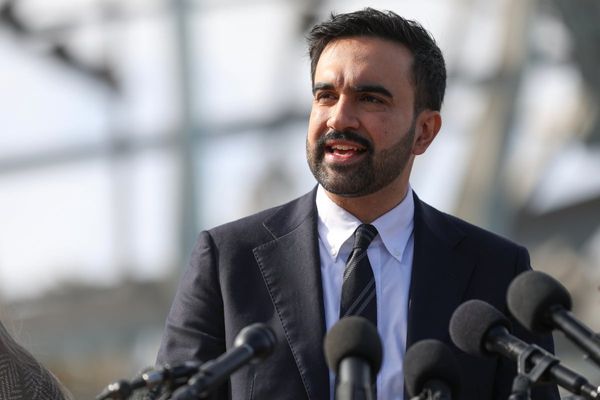
Nearly a third of female firefighters have experienced sexual harassment at events related to union activity, a survey seen by the Guardian has disclosed.
Female members of the Fire Brigades Union (FBU) said unwelcome “jokes” of a sexual nature and comments about someone’s body, clothes or sex life were commonplace at union-related events.
Thirty per cent of women who completed the survey reported having experienced sexual harassment at a union event.
Just under one in six female FBU members (15%) indicated they had experienced sexual harassment in the last 12 months at a social event connected to the union.
The FBU commissioned the report after sexual harassment scandals at unions such as the GMB, TSSA and Royal College of Nursing (RCN).
Meanwhile, there have been widespread allegations of sexism in the London fire service and a damning report found that Dorset and Wiltshire fire service had “an underlying culture of misogyny and sexism”.
The latest report was presented to a meeting of the FBU’s executive council on Wednesday. Officials voted to endorse an “initial action plan”, which includes measures such as mandatory training for all union officials on sexual harassment, the enforcement of safe spaces for women and an annual equalities audit.
Unlike at other unions, the report did not find any misconduct by senior national officials. However, it did find that branch officers had often been accused of sexist and boorish behaviour.
The results were obtained after a survey of 1,128 union members and representatives conducted by external consultants.
The most “high-risk” environment for sexual harassment appears to be gatherings after FBU events, followed by online behaviour, the report concluded. It also implied that unwanted touching, kissing and the distribution of pornography had been experienced by members.
A quarter (25.5%) of the survey’s female respondents said they had witnessed an incident of sexual harassment. One in 10 (11.3%) of female respondents said they had witnessed an incident of sexual harassment within the last 12 months.
Eight per cent of female respondents somewhat or strongly agreed with the statement that “I am less willing to participate in FBU activities because of fears of sexual harassment”. This compared with 0.7% of male respondents.
Two-thirds of respondents (67.7%) reported that the unwanted sexual behaviour made them feel embarrassed. Just over a quarter of all respondents (26.3%) reported that the unwanted sexual behaviour had a negative impact on their mental health.
The report’s authors, Laura Harrison and Robert Wishart, said: “We conclude that sexual harassment is an issue within the FBU. It is experienced overwhelmingly by women and the perpetrators are overwhelmingly men and include men undertaking roles on behalf of the union (eg as branch officials).
“Despite an apparent good understanding of what constitutes sexual harassment – including unwelcome and intrusive (sexual) behaviour – it is unwelcome ‘jokes’, comments and questions that are the most common form of sexual harassment.”
Matt Wrack, the FBU general secretary, said: “Today’s announcement is a key moment in our campaign to root any sexual harassment out of the FBU. It was and is clear that sexual harassment is a serious issue in both the fire service and in the trade union movement. We knew that we would not be immune.
“We took the step of commissioning an independent report because we wanted to uncover the unvarnished truth, and because we are determined to combat sexual harassment in all its forms. The findings of the report are serious and we are fully committed to addressing them.”
In September 2020, the Karon Monaghan report on sexual harassment within the GMB union concluded that it was “institutionally sexist”.
In 2022, an investigation at the RCN by Bruce Carr KC found evidence of bullying and misogyny and an inappropriate sexual culture at the union’s annual congress.
Last year, Helena Kennedy KC published the results of an independent inquiry into allegations of sexual harassment at the TSSA. She found there had been sexual harassment, discrimination and bullying within the transport union.







